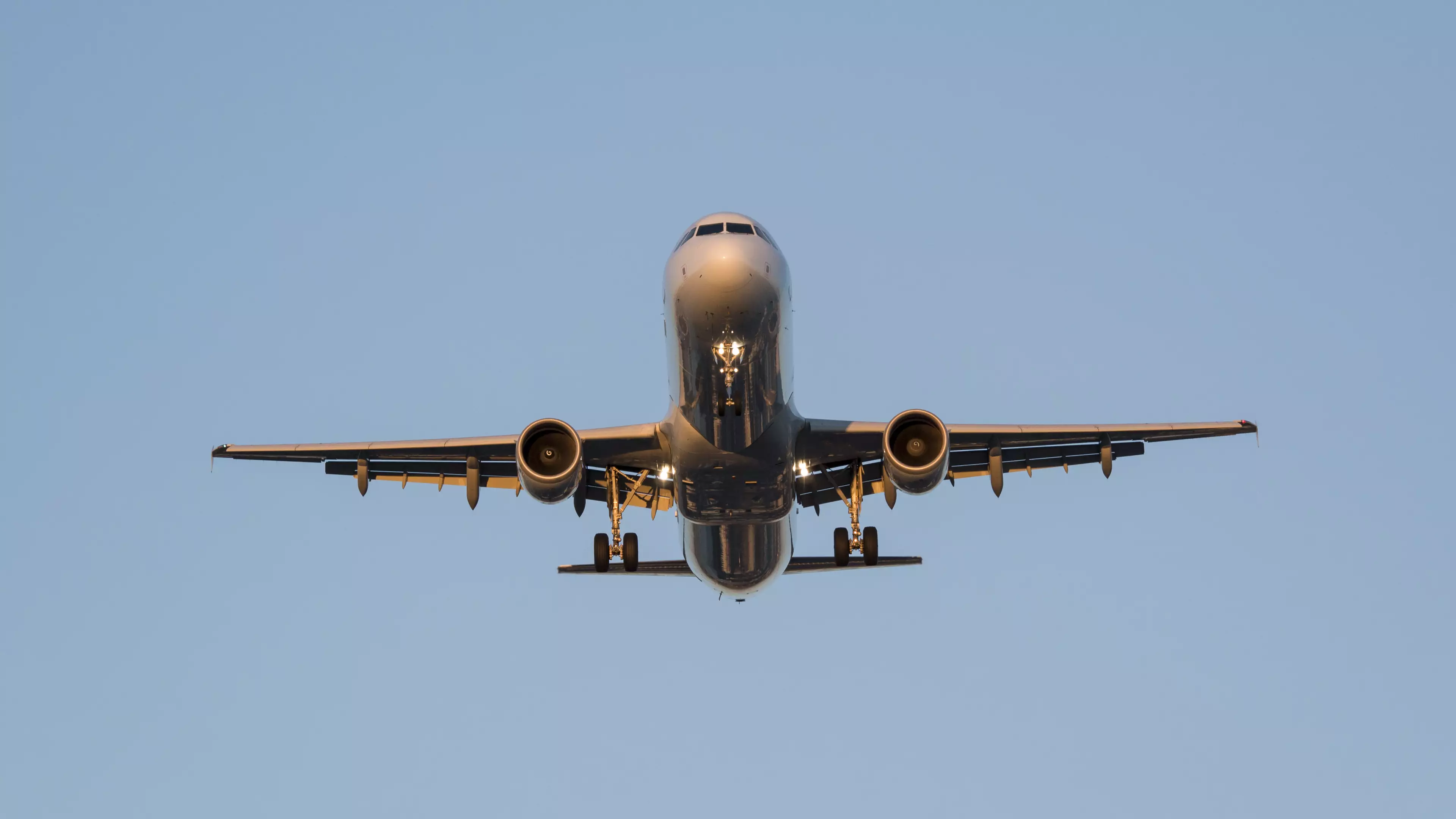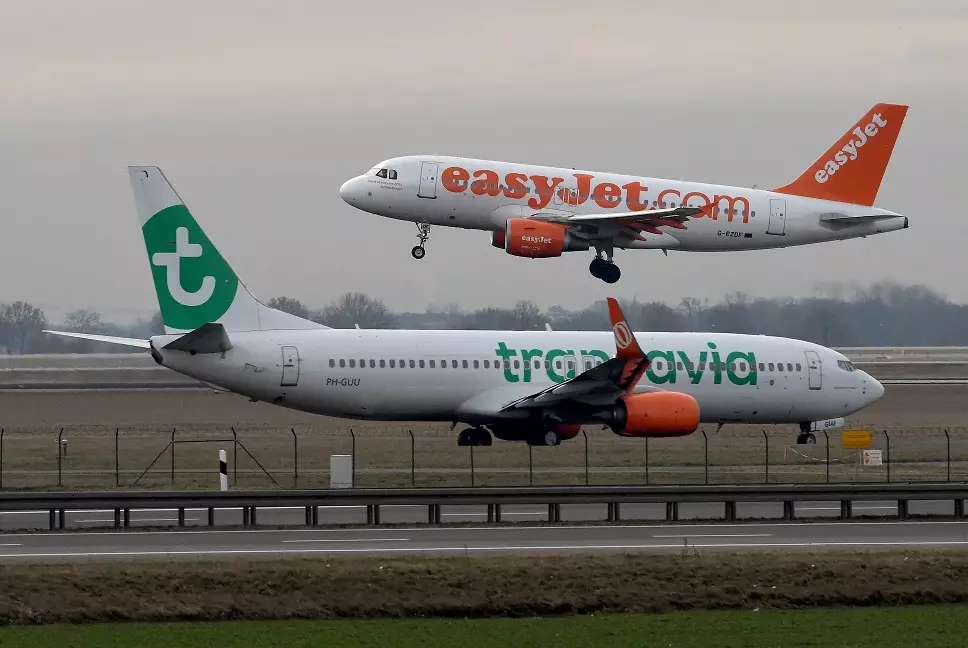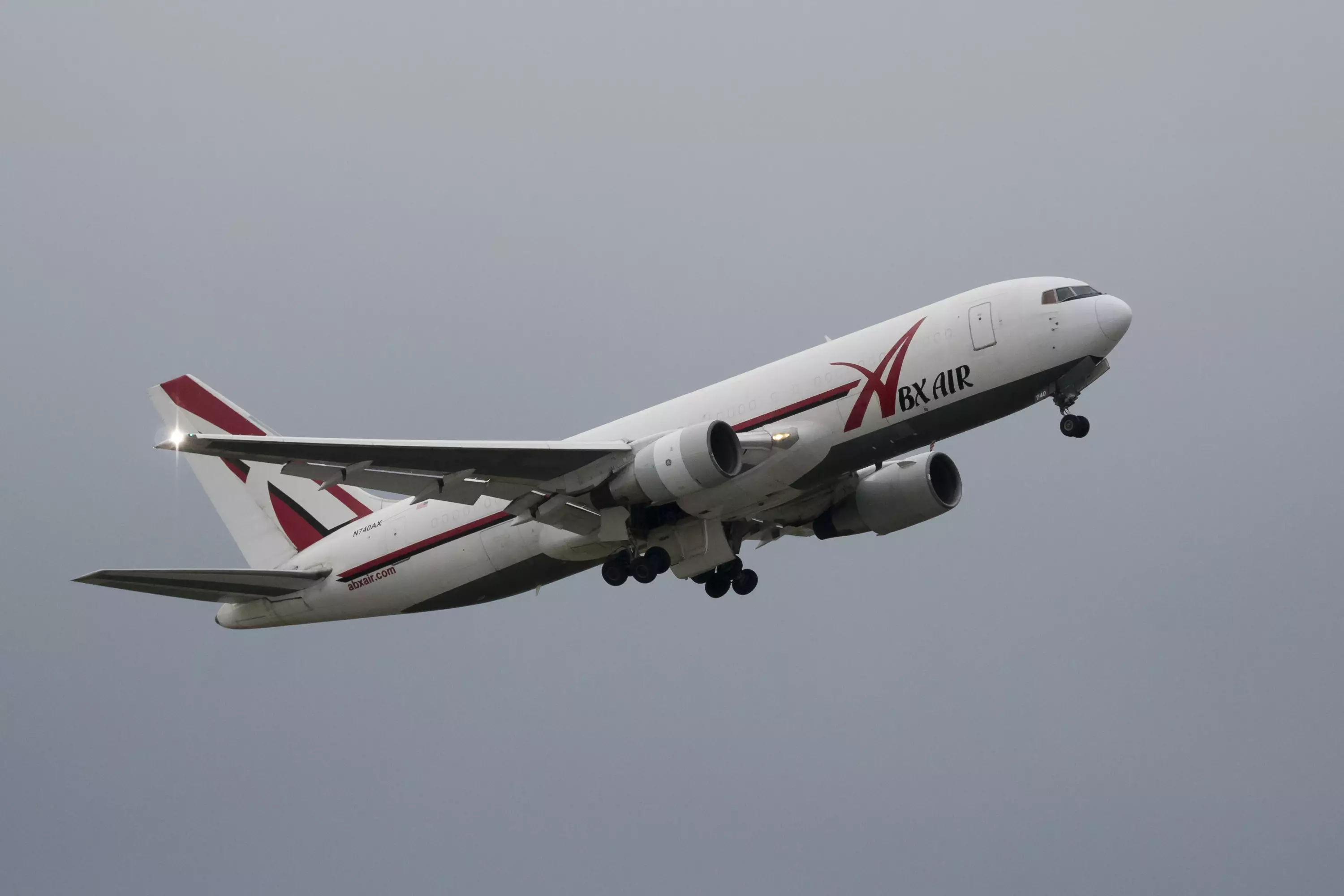
The widespread use of pilotless commercial planes could save airline companies £27 billion ($35bn) a year and lead to substantial fare cuts, but a UBS survey has shown that more than 50 percent of passengers would be uncomfortable using the new technology.
According to the report by the investment bank UBS, full-sized cargo planes will be fully automated by 2025, but it could take until halfway through the century before passengers are confident enough in the controversial technology to actually make use of it.
Chris Tarry, an aviation economist and former pilot, said: "This is such a long way into the future. It's going to be a very brave airline that takes its pilots off planes. What is a customer's number one concern? That they get you there safely.
"There has been a lot of automation, and large numbers of landings at Heathrow are now on auto-land. But operating a drone is a very different thing to putting passengers on board and getting them off safely."

Credit: PA
Advert
Potential savings for airlines are phenomenal, the investment bank said. Currently, it estimates that employing pilots costs the industry £23bn ($31bn) a year, plus another £2.3bn ($3bn) in all the necessary training. It says that unmanned planes would fly more efficiently too, saving a further £767 million ($1bn) per year in fuel costs.
Ticket prices could fall by as much as a tenth for passengers, according to the report, which stated: "The average percentage of total cost and average benefit that could be passed onto passengers in price reduction for the US airlines is 11 percent and 8 percent for Ryanair in Europe."
However, well over half of the 8,000 people UBS surveyed to gather its data said they would refuse to travel in a remotely controlled passenger plane, even if fares were slashed significantly.

Credit: PA
Advert
"Some 54 percent of respondents said they were unlikely to take a pilotless flight, while only 17 percent said they would likely undertake a pilotless flight. Perhaps surprisingly, half of the respondents said that they would not buy the pilotless flight ticket even if it was cheaper," the report said.
UBS said to smooth the transition to going completely pilotless, we might first see airlines move to one pilot per plane.
The report continued: "In commercial flights, if the move from two to zero pilots may be too abrupt over the next 10 to 20 years, we could see first a move to having just one pilot in the cockpit and one remotely located on the ground, particularly on flights below six to seven hours [to be under pilots' fatigue].
Advert
"Indeed, today's drones are controlled by remotely based operators."
Source: The Guardian
Featured Image Credit: PA